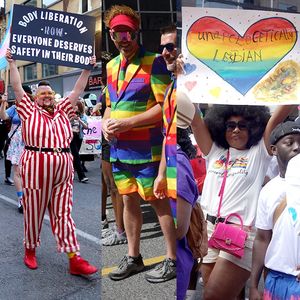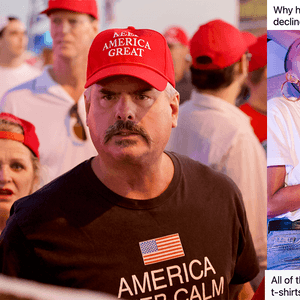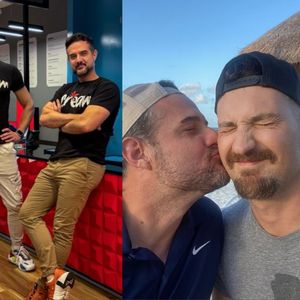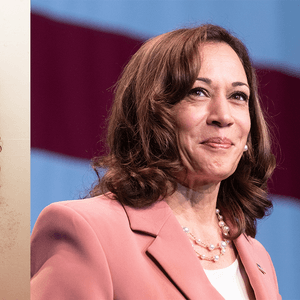Gay Massachusetts
congressman Barney Frank and rights activists have
asked Secretary of State Condoleezza Rice to explain why the
United States sided with Iran, Zimbabwe, and other
repressive governments to exclude two gay rights
groups from membership on a United Nations panel.
"I had hopes for better from you," Frank said in
a letter to Rice this week.
Frank told Rice he was "deeply troubled to learn
that the U.S. government, presumably at your
direction, sided with some of the most undemocratic,
anti-human rights regimes in the world" in voting
against the two gay groups.
Rice has not yet responded, Frank said in an
interview. "To refuse them status--what else is
it except an act of bigotry?" Frank said.
Human Rights Watch, gay rights group Human
Rights Campaign, and other organizations also
complained in a letter to Rice shortly after the
January 23 membership vote for the U.N. Economic and Social Council.
The U.N. panel is a think tank of
nongovernmental agencies from around the world. The
Brussels-based International Lesbian and Gay Association
sought inclusion in May along with the Danish national gay
and lesbian organization Landsforeningen for Bosser og
Lesbiske. Nearly 3,000 organizations hold
"consultative status" with the body, meaning they can
participate from within in discussions among United Nations
member states.
According to Human Rights Watch, states that
joined the United States in voting against the
applications were Cameroon, China, Cuba, Iran,
Pakistan, Russia, Senegal, Sudan, and Zimbabwe. Chile,
France, Germany, Peru, and Romania voted for
inclusion. Colombia, India, and Turkey abstained, and
Ivory Coast was absent.
Cuba, Iran, Sudan, and Zimbabwe are among
nations regularly criticized by the State Department
for repression and human rights abuses. The United
States also has criticized China's human rights record and
recently made milder statements about the continuation
of military rule in Pakistan and increasingly
undemocratic moves by Russian president Vladimir Putin.
State Department spokesman Edgar Vasquez
confirmed receipt of Frank's letter. "We're working on
providing a response in the near future," he said.
"You can be sure that we're looking into this issue
very carefully." He would not comment further on the reason
for the U.S. vote or whether it represents a change in policy.
U.S. officials thought there was enough
ambiguity about the situation that they were
uncomfortable voting for the groups.
In 2002 the United States voted to support the
International Lesbian and Gay Association's request to
have its status reviewed. U.S. officials have not
explained the change. "We hope you will provide the reasons
for this reversal," Human Rights Watch and about 40 other
groups wrote to Rice. The letter asked whether it is
now U.S. policy to oppose panel membership for any gay
rights group.
The State Department documents human rights
abuses based on sexual orientation in annual
country-by-country reports on human rights practices.
A report on Iran two years ago noted that Iranian law
punishes homosexual conduct between men with the death penalty.
Human Rights Watch said it has documented four
cases of arrests, flogging, or execution of gay men in
Iran since 2003. "We find it incomprehensible that the
U.S. government would recognize these human rights
abuses while denying the people subject to them the right to
make their case, alongside other respected human
rights organizations, before the U.N.," the January 25
Human Rights Watch letter said. (AP)


















































































